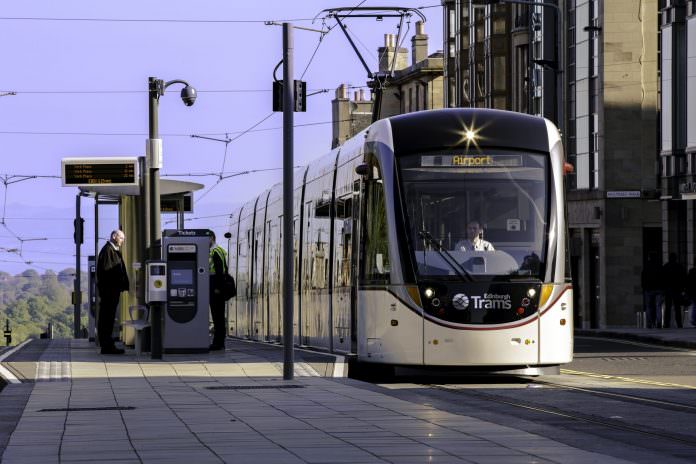Edinburgh city council has approved the outline business case (OBC) for the extension of the city’s tram network to the coastal district of Newhaven.
The OBC puts the capital costs of the project at £165.2 million – including risk and inflation – with a return of £1.64 expected for every £1 spent.
The business case covers wider economic benefits such as social inclusion, providing access to jobs and to support business and opportunities in the area.
The milestone marks the beginning of the tender process for the project, with a final decision on whether to proceed with construction to be made in autumn 2018.
Like this story? Click here to make a free subscription to one of our publications
Edinburgh city council leader Adam McVey said that given the rate of forecasted growth for Edinburgh over the coming years – faster than anywhere in Scotland – the city “cannot stand still.”
He added: “And yet we can’t proceed with work to take trams down to Newhaven unless we’re 100 per cent certain we’ve rigorously scrutinised the business case and taken on board crucial lessons from the first phase.
“Having pored over the OBC in microscopic detail these past few weeks, including obtaining independent advice on it, I’m confident our project team – which retains key personnel from the team who got the first phase back on track – is now well placed to move on to the next stage and start the procurement process for a contractor.”
Should it be given the green light, the extension will take three years to construct.
Edinburgh city council is currently working on a compensation scheme to help those affected by the proposed build and will be networking with other successful tram teams from Manchester, Birmingham and Dublin to ensure best practice.
Between now and autumn 2018, the tram project team will also consider any further lessons learnt from the Edinburgh Tram Inquiry – into why the initial project incurred delays, cost more than originally budgeted and delivered significantly less than projected.



